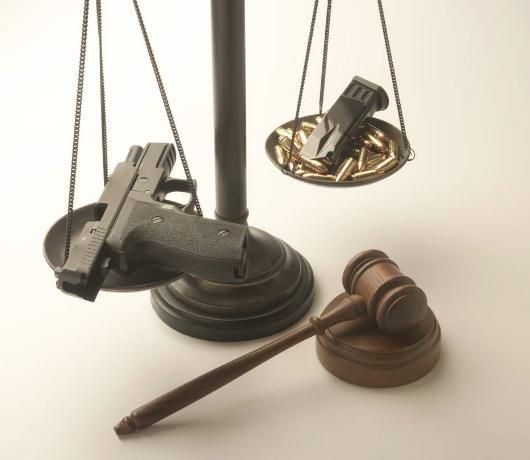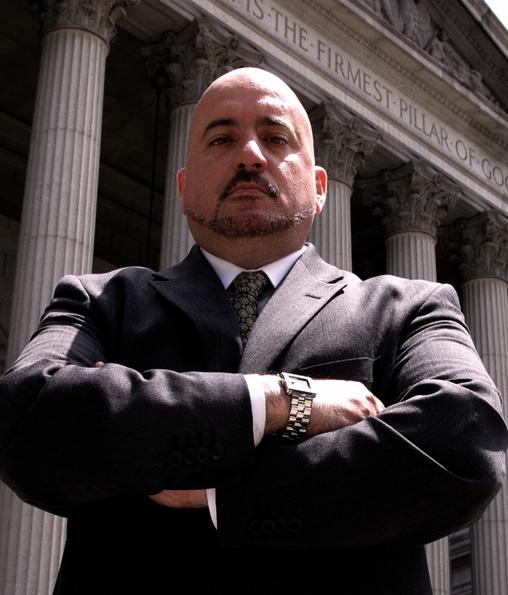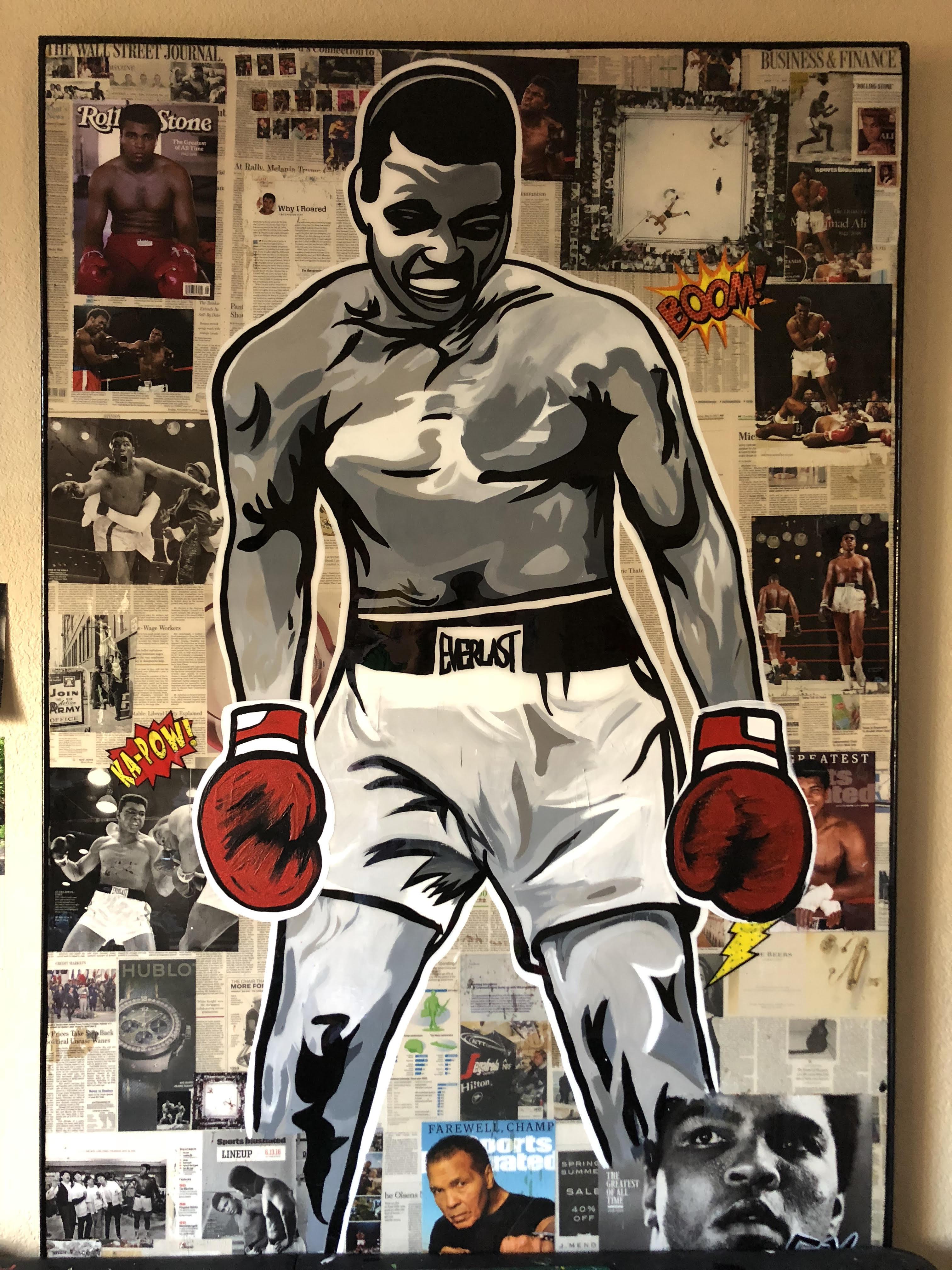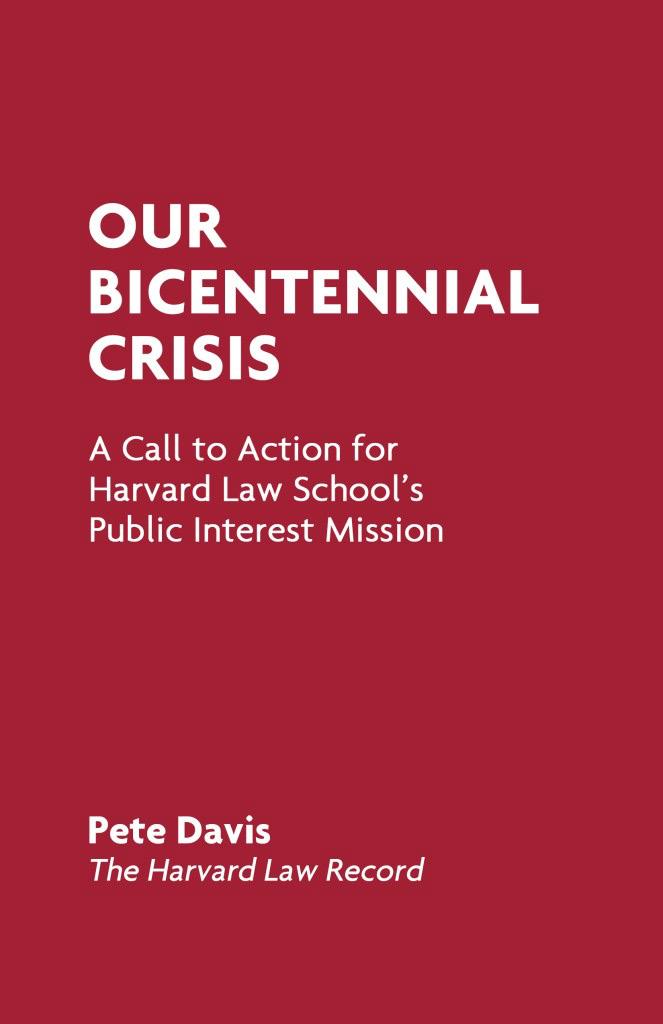
7 minute read
Handgun Penalties in NYS
WHAT YOU NEED TO KNOW ABOUT HANDGUN PENALTIES IN NEW YORK STATE
While Possessing a firearm may look great in movies and videos or feel like it’s the only way you can survive these streets, you need to know and understand that there are real consequences in New York State, which has some of the nation’s toughest gun laws, even for 1st time offenders who likely face mandatory state prison if they are convicted.
NYS Penal Law Article 265, defines and sets forth the different categories and subdivisions of Illegal Weapons Possession in New York State. While it is illegal to possess certain knives, stun guns, rifles and shotguns in New York State, it is the possession of illegal handguns and “firearms” that most often cause people to suffer Felony Convictions and State Prison time.
Many don’t realize that possession of a loaded and operable firearm in New York State (penal Law 265.02) is a class C Violent Felony (a very serious crime); and for a first time offender who is sentenced as an adult and who doesn’t work out a plea deal, the minimum sentence is Three and one-half (3.5) years in State Prison, up to Fifteen (15) years in State Prison, and also comes with a period of Post Release Supervision of between 2 and 5 years. Even though plea bargains are a usual occurrence in criminal cases in New York State, a solid Criminal Possession of a Weapon in the 2nd degree charge, will still likely cause an individual to receive a two (2) years State Prison sentence, even as a first time felony offender.
Furthermore, individuals who already have an adult violent felony conviction on their record, face even harsher consequences and face a minimum of Seven (7) years in state prison if convicted on the C felony, and even if a second violent felony offender works out a plea to the lesser charge of attempted possession of a weapon in the 2nd degree, (265.03), the penalty is at least Five (5) years in the State Penitentiary, also with a period of Post Release Supervision (aka parole) when they are released.
Third time violent felony offenders face mandatory life sentences, if convicted of possessing a loaded and operable firearm in New York State, starting at Sixteen years to Life and going up to Twenty-Five years to life.
It is very important to understand that even if a firearm is not loaded, you can still be convicted of a D violent felony, if it is defaced (Penal Law 265.02(3), if it is an assault weapon 265.02(7), or is possessed during a drug trafficking felony or violent felony 265.02(9) and (10); and under Laws that were enacted less then six years ago, you can also be convicted of an E felony, just by possessing an operable firearm even without any ammunition, and still face up to four years in State Prison.
Interestingly enough, I have come to learn that many clients actually don’t know that self-defense is NOT a defense to possession of an illegal firearm. Therefore, even if you were justified in “using” the weapon or you are found not guilty of using the weapon criminally, you would still be convicted of the illegal possession and face the sentences described above. Sadly, many people also don’t know that under NYS laws a firearm can be determined to be “loaded” even if there is no ammunition in the gun, if it is within the reach of and readily accessible to the person accessing the gun. Penal Law 265.00 (15).
Lastly, an important fact to keep in mind is that Guns which are legally purchased, owned, registered or possessed in other states, DO NOT qualify as LEGAL in NYS. Therefore, you will still be arrested if you bring your handgun from Florida, North Carolina, Nebraska or wherever, into New York, even if it is completely legal there.
Knowing all of the above- you really have to ask yourself,
IS IT REALLY WORTH IT?
IS HAVING THE GUN ON ME REALLY NECESSARY, AND AM I REALLY READY AND WILLING TO GO TO STATE PRISON, AND BE FOREVER LABELED AS A VIOLENT FELONY OFFENDER?
Anthony Mayol, P.C. • Attorney Contributing Writer



CRIMINAL CONSPIRACY A Simple Definition

Acriminal conspiracy exists when two or more people agree to commit almost any unlawful act, then take some action toward its completion. The action taken need not itself be a crime, but it must indicate that those involved in the conspiracy knew of the plan and intended to break the law. One person may be charged with and convicted of both conspiracy and the underlying crime based on the same circumstances.
For example, Andy, Dan, and Alice plan a bank robbery. They 1) visit the bank first to assess security, 2) pool their money and buy a gun together, and 3) write a demand letter. All three can be charged with conspiracy to commit robbery, regardless of whether the robbery itself is actually attempted or completed.
The “Agreement” Requirement
You might be wondering how exactly the agreement between two co-conspirators actually takes place. First, the agreement does not need to be expressly conveyed. For instance, in the above example, Andy isn’t required to tell Dan and Alice in unequivocal terms, “I agree to commit a conspiracy with you,” (although, that statement would surely be a prosecutor’s dream and strong evidence of a criminal conspiracy).
Instead, the agreement may be implicit or shown by the action of “two or more guilty minds,” as required under common law. Examples of evidence of an implicit agreement can include the appearance of the co-defendants at transactions and negotiations in furtherance of the conspiracy such as a planning meeting.
It is important to note that courts have found that mere presence or association with those committing a crime doesn’t, by itself, make someone a co-conspirator unless there are other factors that collectively point to an implicit agreement.
The Element of “Intent”
As with other specific intent crimes, your intention means everything. But that’s not the only intent the court will care about. Not only does one other individual in the conspiracy need to intend to agree, all parties must intend to achieve the outcome.
Simply put, knowledge of a crime isn’t enough to get you thrown behind bars. For instance, just because your friend tells you he is going to burglarize a house, doesn’t mean you are part of the conspiracy to burglarize it. Not unless you also agree to help by acting as a getaway car or helping him scope out the property ahead of time.
Penalties
A conspiracy conviction can yield some pretty tough penalties depending on the underlying crime. You can be punished for both the conspiracy and the actual crime itself if, it was completed. For example, if you are charged and convicted of conspiracy to commit robbery and the actual crime of robbery, you may have to suffer the consequences of both. Additionally, in some cases if you are convicted of a conspiracy to commit a felony, you may have to serve a mandatory minimum sentence.
Charged with Conspiracy? You’ll Want a Good Attorney
Being accused of a criminal conspiracy is a serious accusation and can have a huge impact on your life, including the strong likelihood of incarceration. If you are being investigated or have been arrested for a conspiracy to commit a crime, you’ll need a strong advocate on your side.
More to Come Next Issue STAY TUNED!
SEAN KEITH EXCLUSIVE CUSTOM ART SEANKEITHGALLERY.COM

Harvard Law School’s stated mission is “to educate leaders who contribute to the advancement of justice and the well-being of society.” With only one fifth of graduates pursuing public interest work after law school, Harvard Law is falling short of its mission. In this comprehensive call to action, Pete Davis examines the source of this civic deficit and proposes what, in Harvard Law’s third century, the school community should do to rectify it.


WWW.HLRECORD.ORG
© Harvard Law Record Corporation, 2017
Pete Davis is a civic reformer hailing from Falls Church, Virginia, a current Harvard Law School student and the co-founder of Getaway.house. Previously, he co-founded OurCommonPlace, a web platform for local community engagement, and served as a poverty and labor advisor at Ralph Nader’s Center for Study of Responsive Law. By night, you can find him playing folk music and bopping around the Boston alternative stand up circuit.
Email Pete at Pete@civicideas.com




